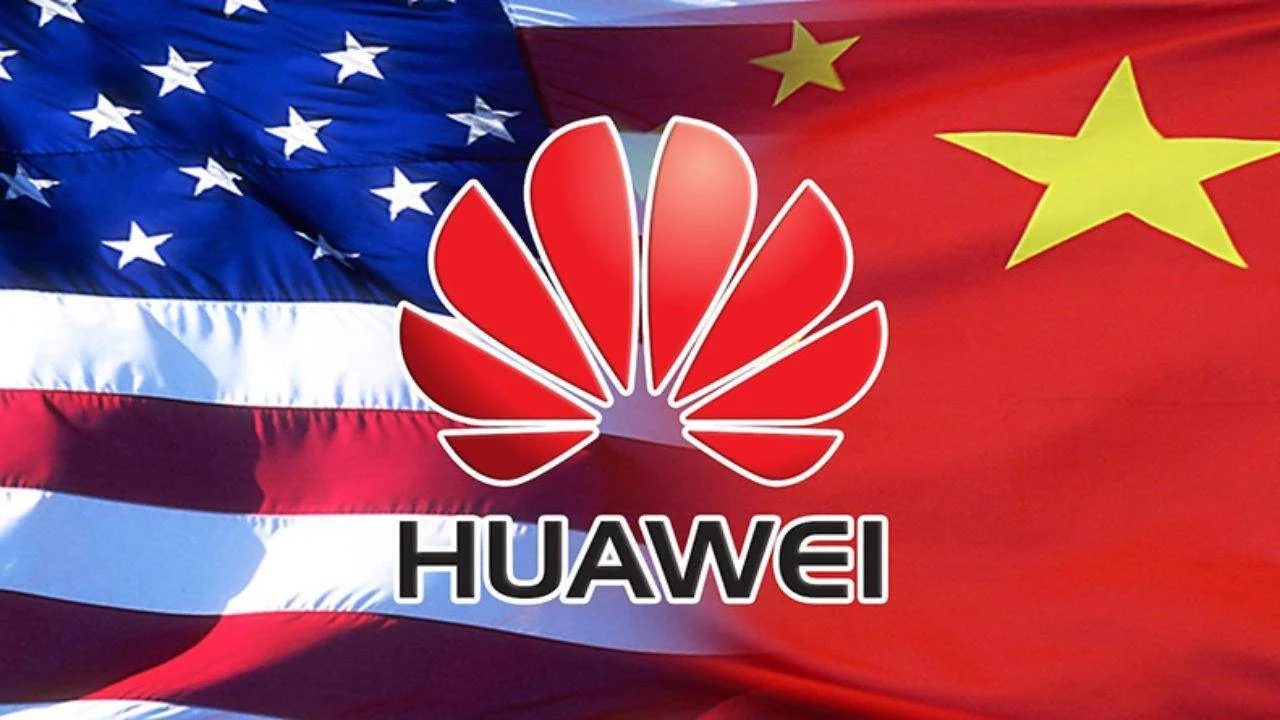Introduction:
In recent years, the global technology landscape has been marked by complex geopolitical tensions, particularly evident in the controversy surrounding export licenses involving Intel and Huawei. At the center of Intel–Huawei Export License Controversy lies the intersection of national security concerns, trade regulations, and the intricate relationships between major technology players.
According to Reuters, Intel managed to retain its exclusive export license to supply laptop CPUs to Huawei. This development leaves rival AMD facing a challenging situation.
The outcome underscores the intricate dynamics of global trade and the significant role played by regulatory decisions.
- The Entity List: In 2019, the US added Huawei to the “Entity List” citing national security concerns. This meant US companies generally needed a license to sell technology to Huawei.
- Intel’s License: Intel secured a license in 2019 allowing them to sell certain processors (specifically for laptops) to Huawei. This gave Intel an exclusive advantage over competitor AMD.
- Controversy Erupts:
- AMD reportedly lobbied to get a similar license but was unsuccessful.
- Some US officials questioned the fairness of Intel’s exclusive license.
- License Reviewed: The US government reviewed Huawei’s existing licenses, including Intel’s, in 2022 as tensions with China mounted. There were reports the US might cut Huawei off from all US suppliers.
This development has significant implications for market dynamics, trade relationships, and the ongoing chip war between the U.S. and China.
Follow us on Linkedin for everything around Semiconductors & AI
The Background:
In 2019, Huawei found itself at the center of the trade restrictions imposed by the U.S. government. Despite these challenges, the company continued to navigate the chip war, with its HiSilicon Ascend GPU expected to utilize a 5nm node despite sanctions. It is designed to prevent such technological advancements. In 2020, the Trump administration granted special exemptions to some of Huawei’s suppliers, allowing them to resume shipments to the Chinese tech giant.
One of the major beneficiaries of this exemption was Intel, securing a lucrative deal to supply laptop CPUs to Huawei. An exclusive export license granted in 2019 stirred controversy.
AMD sought a similar license post-President Biden’s inauguration in early 2021.However, AMD claims it never received a response. This leaves Intel with a de facto monopoly on CPU sales to Huawei.
Read More:What are the Top 10 Companies in Electric Vehicle Market – techovedas
Market Dynamics and Impact on AMD:

Image Credits: Google Finance
The market keenly felt the repercussions of this exclusive arrangement, particularly impacting AMD.
An internal presentation by the company revealed a significant decline in its market share within Huawei laptops.
In 2020, AMD enjoyed near parity with Intel at a share of 47.1%, but by the first half of 2023, this had plummeted to 9.3%.
Meanwhile, Intel’s market share surged from 52.9% to 90.7%, resulting in an “estimated revenue discrepancy” of $512 million.
AMD argued that this arrangement was unfair and sought to have Intel’s license revoked. Alongside China critics opposing export deals in general, AMD lobbied for a level playing field.
The U.S. Commerce Department, which had previously signaled a review of licenses granted to Huawei suppliers, ultimately decided not to make changes, leading to further frustration for AMD.
Read More:Which Country is Winning the Quantum Computing Race? – techovedas
Unanswered Questions and Speculations:
The Commerce Department did not approve AMD’s license application, and the review did not result in the revocation of Intel’s license.
Speculation suggests that the decision could have been influenced by a desire to ease tensions between the U.S. and China, particularly considering the strained relations during the early days of the Biden administration.
Future Outlook:
While Intel’s export license is set to expire later this year, the likelihood of renewal appears slim, according to Reuters’ sources.
This suggests that the controversial arrangement will come to an end, albeit not in response to AMD’s efforts to have the license revoked.
Despite the impending conclusion of the deal, the impact on AMD’s market share and revenue serves as a reminder of the complex interplay between business, geopolitics, and international trade in the tech industry.
Read More:Huawei Challenges Qualcomm Grip on Ultrasonic Fingerprint Sensors with New Patent – techovedas
Conclusion:
The Intel-Huawei export license controversy underscores the challenges faced by technology companies operating in a globalized and politically charged landscape.
As the industry grapples with ongoing geopolitical tensions, trade restrictions, and the quest for technological supremacy, the fallout from this episode highlights the delicate balance that companies must strike to navigate international business successfully.
The eventual resolution of the dispute will undoubtedly have lasting implications for the competitive landscape and the future of chip manufacturing and distribution.




